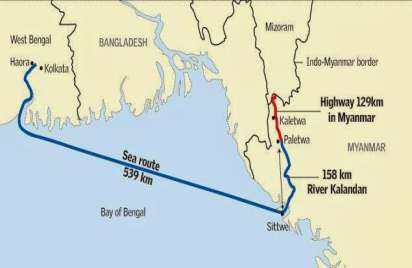7667766266
enquiry@shankarias.in
Marine reserves can mitigate climate change
SATH program
New events for Tokyo Olympics
Kaladan project

Fund to promote sustainable development